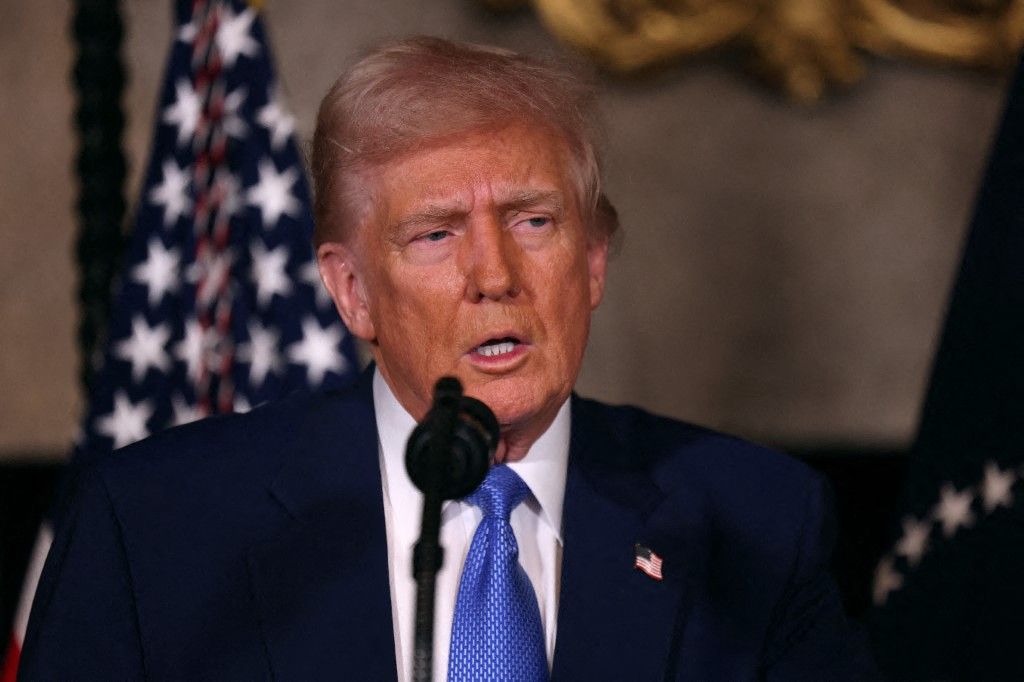Following the United States’ auto tariff increase by 25 per cent, importers from Nigeria are now to pay an estimated N1.88 trillion ($1.25 billion) from this year.
According to the United Nations Comrade figures, the annual value of auto export from the United States to Nigeria was pegged at $1 billion before the tariff increase.
The hike has already stirred apprehension among auto dealers as it will further discourage importation this year following the payment of extra $250 million.
Due to insufficient domestic vehicle production, Nigeria is heavily dependent on imports to meet local demand. Besides the new charges, auto importers in Nigeria pay one per cent Comprehensive Import Supervision Scheme (CISS) fee,15 per cent National Automotive Council (NAC) levy on used vehicles, Nigerian Automotive Industry Development Plan (NAIDP) 35 per cent levy on automobile imports, 35 per cent tariff, making a total duty of 70 per cent and the proposed Nigerian Tax Bill (NTB), which includes an increase in Value Added Tax (VAT) from 7.5 per cent to 10 per cent.
Meanwhile, the United States President, Donald Trump, said that levies on automobiles would come as soon as April 2, 2025. Trump had complained against unfair treatment of US automotive exports in foreign markets as European Union collects a 10 per cent duty on vehicle imports, four times the US passenger car tariff rate of 2.5 per cent.
The United States accounts for 60 per cent of imported used vehicles, most of which being Japanese brands such as Toyota. Hyundai and Kia have established themselves as increasingly serious competitors to Toyota due to their competitive pricing and improved quality image. The three Asian brands account for approximately half of new vehicle sales in Nigeria.
Recall that a former Acting President of the Association of Nigerian Licensed Customs Agents (ANLCA), Dr. Kayode Farinto, had sought the abolition of the one per cent CISS charge, noting that it had become redundant since the government had introduced other fees to cover destination inspection costs.
He had entertained the fear whether the government was deliberately trying to discourage Nigerians from importing used vehicles.
According to him, removing the NAC levy and replacing it with the new customs charge would ease the financial burden on importers while still generating revenue for the government. Import Adjustment Tax (IAT) levy has made vehicles importation drop by 71 per cent from 1,960 units in December 2024 to 586 units in January 2025.















